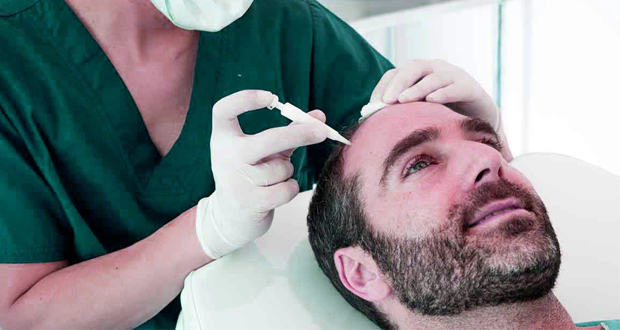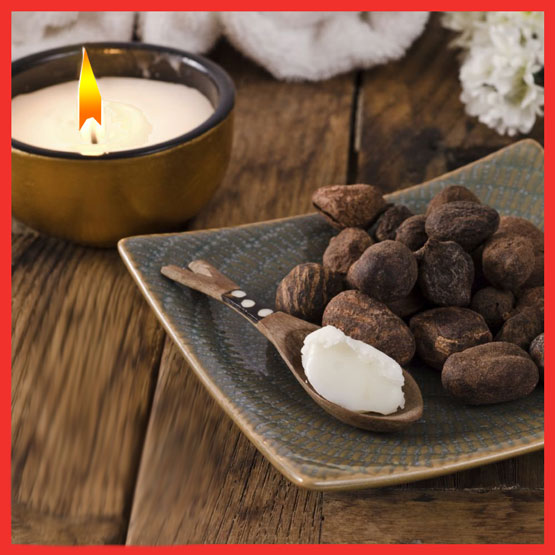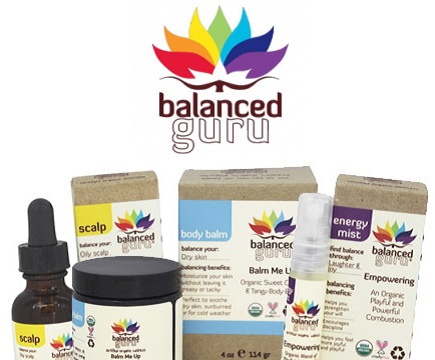Nigeria’s beauty salons allegedly use unsafe chemicals: Study
A new study released by researchers in Nigeria has alleged that dangerous toxic chemicals in cosmetics are widely used in salons and beauty parlours despite their attendant health effects in disruption of nervous, respiratory, reproductive systems and lungs, kidney damage and inflammation of the skin and eyes to both salon workers and users alike.
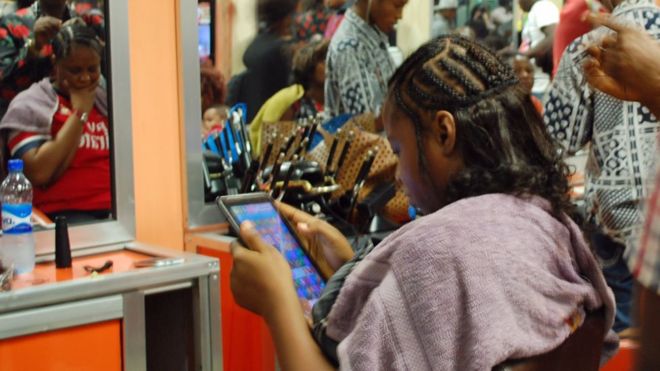 The study by Sustainable Research and Action for Environmental Development (SRADev Nigeria) under the auspice of Developing World Outreach Initiatives (DWOI), USA, noted that a very high proportion of the workers do not make use of Personal Protective Equipments (PPEs) when at work or while handling cosmetics.
The study by Sustainable Research and Action for Environmental Development (SRADev Nigeria) under the auspice of Developing World Outreach Initiatives (DWOI), USA, noted that a very high proportion of the workers do not make use of Personal Protective Equipments (PPEs) when at work or while handling cosmetics.
The study conducted in Lagos to assess “safe cosmetic use by occupational workers of salons and beauty parlours on 29 shops from 20 Local Government Areas (LGAs) showed that all the shops regularly make use of cosmetic products containing particularly the “Toxic Trio” – a group of chemicals (toluene, formaldehyde and dibutyl phthalate) which are ingredients in nail polishes and known today to be very toxic to the human body.
Other chemical ingredients identified to have detrimental effects found on cosmetics shelf of salons and beauty care givers (especially when handled in an unsafe manner as was found in the study) were P-phenylenediamine used in hair dye, butylacetate, Isopropylacetate and ethylacetate used in nail paints and varnishes or wig-glue/hair piece bonding, ammonium per sulphate in olive oils as hair bleach, acetone in nail polish remover and hair spray, hydroquinone in hair treatment, preservatives like formaldehyde relaxers and parabens in shampoos, shaving gels, make-ups, polyethylene glycol (cleaner/disinfectant in lotions and creams) etc.
“This is alarming and a dangerous trend, people patronising beauty salons and cosmetologists must as a matter of urgency avoid the ‘toxic trio’ products. Since safer and affordable alternatives exist, customers should now ask for only cosmetic products that are labelled as ‘Three-free’ which do not contain these harmful ingredients and are therefore healthier for the bodies” said Leslie Adogame, Executive Director, SRADev Nigeria.
Key findings show significant cases of difficulty in breathing, respiratory dysfunctions including occasional difficulty in breathing and catarrh, occasional coughing, incessant abdominal pain, occasional miscarriage, occasional neurotoxic effects such as memory loss and dizziness as being indicative of health symptoms/problems identified among salon workers interviewed.
“Fragrances are considered trade secrets and the ingredients within fragrances are not required by law to be revealed and may represent many ingredients, sometimes hundreds. Since “Unscented” and “fragrance-free” have no legal definition, their labels do not guarantee that the product doesn’t contain potentially toxic chemicals.
“Globally, of the over 10,500 chemical ingredients used in personal care products, only about 11 per cent have been assessed for health and safety. So the need for occupational safety and health standards for personal care products imported and used in the country requires some urgency” said Adogame.
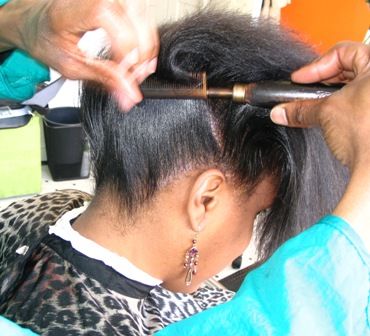 “It can no longer be business as usual, NAFDAC would be putting in place necessary mechanisms to expand its regulatory mandate for the salon sector, but there is the need for collaboration among other relevant government agencies. Presently, the ban on cosmetics products containing hydroquinone and mercury in Nigeria is still in place by my organisation” said Dr. Anthony Hotton, of NAFDAC.
“It can no longer be business as usual, NAFDAC would be putting in place necessary mechanisms to expand its regulatory mandate for the salon sector, but there is the need for collaboration among other relevant government agencies. Presently, the ban on cosmetics products containing hydroquinone and mercury in Nigeria is still in place by my organisation” said Dr. Anthony Hotton, of NAFDAC.
The President, National Association of Salon Hairdressers and Cosmetologists (NASHCO), Mrs. Surat Abari-Ajibola, assured that the association would put in place urgent actions towards setting up Environmental Health Surveillance Task Force to work with the government in the monitoring of beauty parlours shops and salons.





